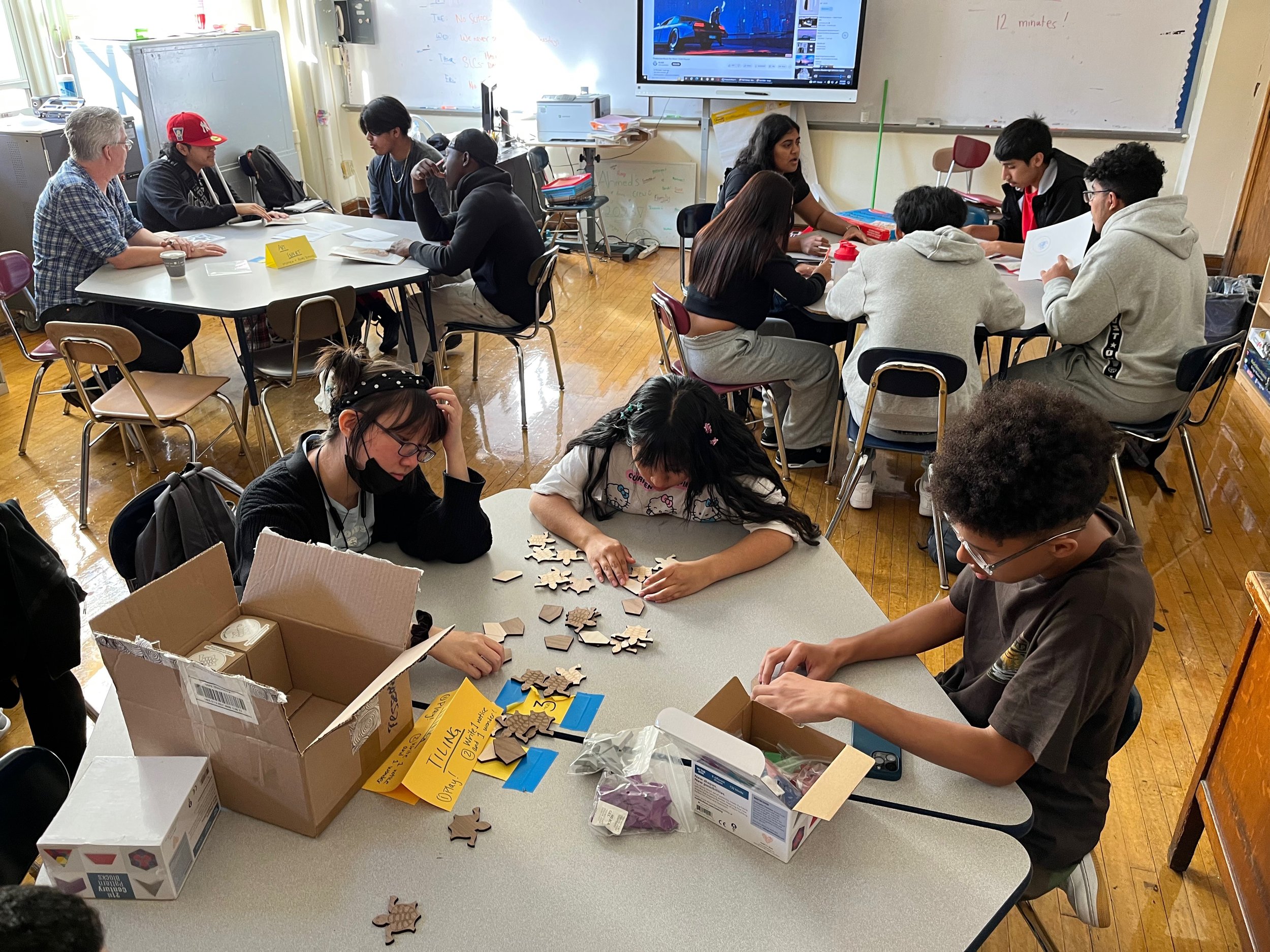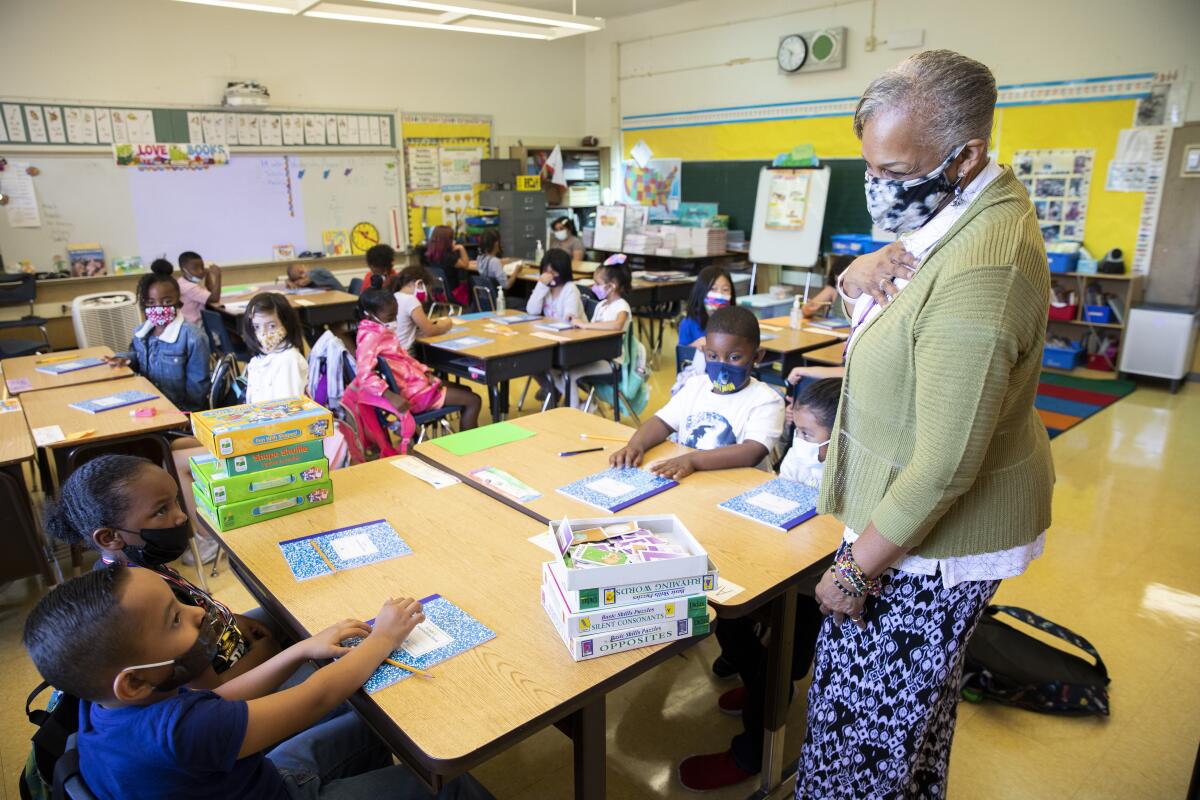The Duty of Moms And Dads and Educators in the Initiative to Save Temecula Schools
The Duty of Moms And Dads and Educators in the Initiative to Save Temecula Schools
Blog Article
Recognizing the Importance of Institutions in Child Advancement and Community Development
Schools work as crucial organizations for child development and neighborhood development, offering settings where scholastic success are complemented by the cultivation of social skills and exposure to varied perspectives. These educational setups not only promote important thinking and reliable interaction however additionally foster compassion via collaborative jobs. Moreover, colleges' engagement with local neighborhoods via service-learning efforts reinforces the bond in between households and universities. This symbiotic relationship emphasizes the relevance of schools in nurturing energetic citizenship and long-lasting discovering habits. Nevertheless, what are the particular devices through which these institutions accomplish such profound influences?
Academic Achievement
Academic achievement acts as a keystone of kid advancement, providing the structure upon which future learning and success are constructed. Institutions play a crucial duty in cultivating this academic development, supplying organized settings where kids can acquire necessary expertise and cognitive skills. Standard educational program make certain that trainees gain proficiency in core topics such as maths, scientific research, and language arts, which are important for both higher education and learning and professional opportunities.
Along with passing on basic academic skills, colleges also grow critical reasoning, analytical abilities, and intellectual curiosity. These cognitive proficiencies are essential for navigating complex real-world circumstances and adjusting to the ever-evolving needs of the contemporary office. Educators, as facilitators of learning, use diverse instructional approaches to accommodate different learning designs, consequently taking full advantage of specific trainee potential.
Additionally, scholastic success is closely connected to self-worth and inspiration. Children who experience academic achievements are much more most likely to create a positive self-concept and a lifelong enthusiasm for discovering. Colleges also provide various resources, such as libraries and technology, which better enhance the educational experience and prepare trainees for a technologically advanced society.
Social Skill Advancement
Beyond scholastic success, the role of institutions in social ability growth is essential. Schools act as a key location for kids to discover and exercise essential social abilities such as communication, problem, and participation resolution. In the organized setting of a class, trainees communicate with peers, educators, and other school team, offering numerous possibilities to establish these essential abilities.
Reliable social ability advancement in colleges is facilitated via team activities, collaborative projects, and extracurricular programs. These communications assist students understand social norms, construct compassion, and foster a feeling of neighborhood. As an example, team assignments show trainees how to interact towards a common objective, listen to various perspectives, and navigate arguments constructively.

The farming of social skills during academic year lays a foundation for future personal and expert partnerships. Save Temecula Schools. As trainees mature, the capability to properly collaborate and connect becomes significantly crucial, underscoring the school's crucial duty in alternative youngster development
Direct Exposure to Diversity
Exposure to variety in schools is basic to cultivating an inclusive mindset and broadening students' point of views. Schools act as a microcosm of the wider culture, and encountering diverse societies, languages, and socioeconomic histories within this setting go equips trainees with crucial skills for navigating a progressively globalized world. This direct exposure encourages empathy, decreases prejudices, and promotes shared regard among peers.
Research suggests that students that connect with peers from varied histories display much better analytic skills and creativity. This understanding of variety prepares students for future work environments that value multicultural competence - Save Temecula Schools.

Neighborhood Interaction
The benefits of diverse classrooms extend past the college walls, cultivating a solid feeling of neighborhood engagement amongst trainees. By engaging with peers from different social, socioeconomic, and ethnic histories, trainees acquire a wider viewpoint and an appreciation for diversity. This exposure urges them to end up being active citizens who are eager to add positively to their areas.
Schools that emphasize area interaction often integrate service-learning projects, which permit trainees to deal with real-world problems while using academic abilities. These jobs not only boost trainees' understanding of their coursework but also instill a feeling of obligation and compassion. Moreover, partnerships in between schools and local organizations provide trainees with opportunities to get involved in community occasions, further strengthening their function as proactive neighborhood participants.
Furthermore, parental and neighborhood involvement in institutions strengthens the bond in between instructional establishments and the neighborhoods Check Out Your URL they serve. Through these initiatives, colleges play a critical function in nurturing community engagement and promoting societal growth.
Lifelong Learning Routines
Developing long-lasting understanding routines is necessary for a child's continual development and flexibility in an ever-changing world. Schools play a crucial function in instilling these practices by developing an atmosphere that fosters inquisitiveness, essential thinking, and a love for expertise. With diverse educational programs and after-school activities, instructors urge trainees to check out various subjects, examine info seriously, and apply their learning to real-world circumstances.

Furthermore, schools give a structured setting where kids can create self-control and time management abilities, both of which are essential for continual knowing. By stressing the value of establishing goals, assessing development, and adjusting techniques, universities prepare pupils to navigate the intricacies of adult life, ensuring they continue to be lifelong learners and factors to society.
Final Thought
In verdict, institutions are necessary in fostering child development and community development by offering settings helpful to scholastic accomplishment, social skill growth, and exposure to variety. Inevitably, institutions cultivate long-lasting knowing habits, outfitting people with the needed knowledge and abilities to add favorably to society.
In the organized atmosphere of a class, students engage with peers, teachers, and various other school team, offering many opportunities to develop these important abilities.
In essence, direct exposure to variety within institutions not just improves individual trainees yet likewise strengthens the social material of the neighborhood as a whole.
The advantages of varied class prolong past the college wall surfaces, fostering a solid sense of neighborhood involvement amongst pupils.Schools that emphasize community engagement typically include service-learning tasks, which enable students to deal with real-world problems while applying academic abilities. Partnerships between institutions and regional organizations provide trainees with chances to get involved in area occasions, further strengthening their function as positive neighborhood members.
Report this page